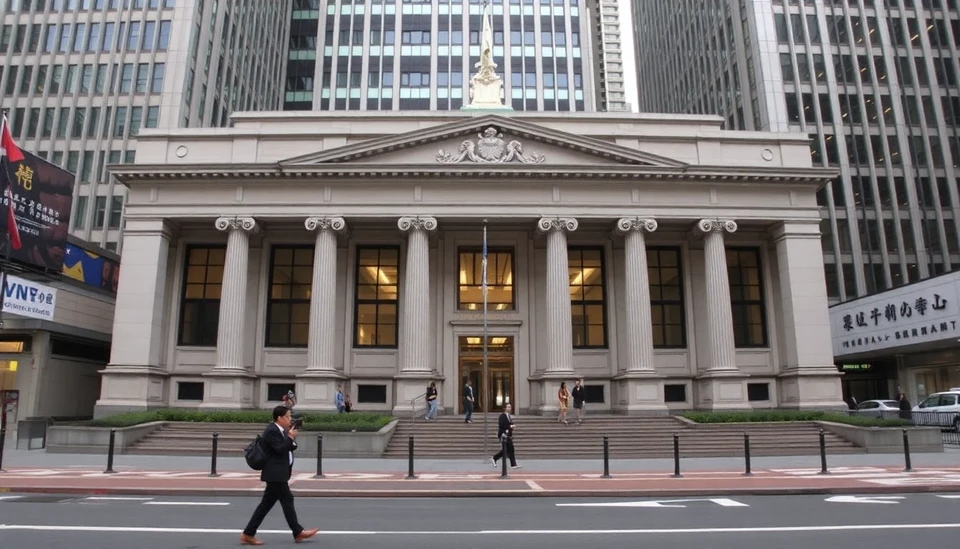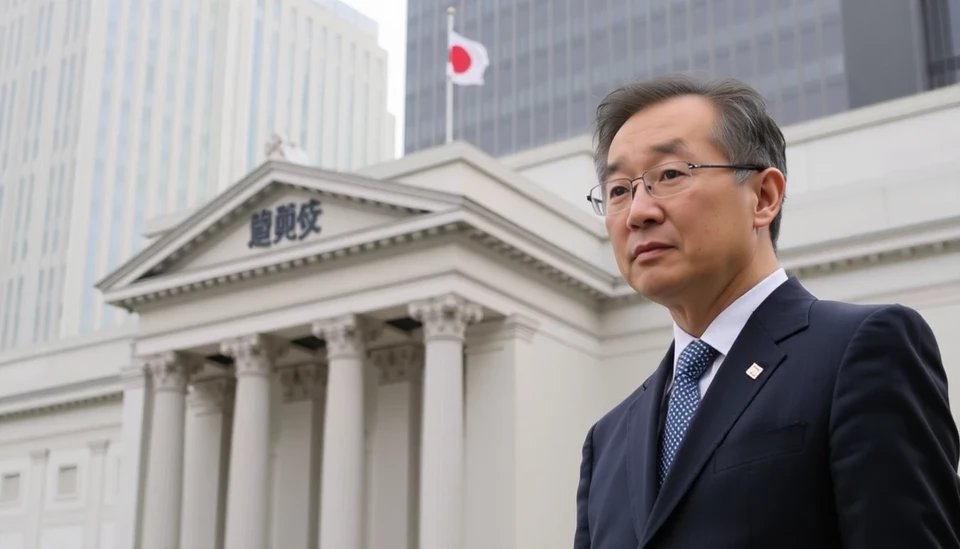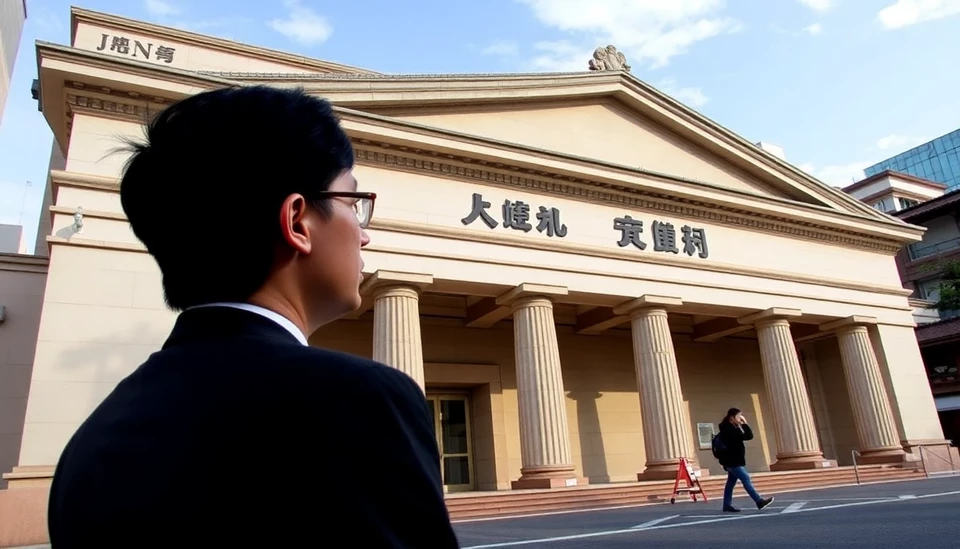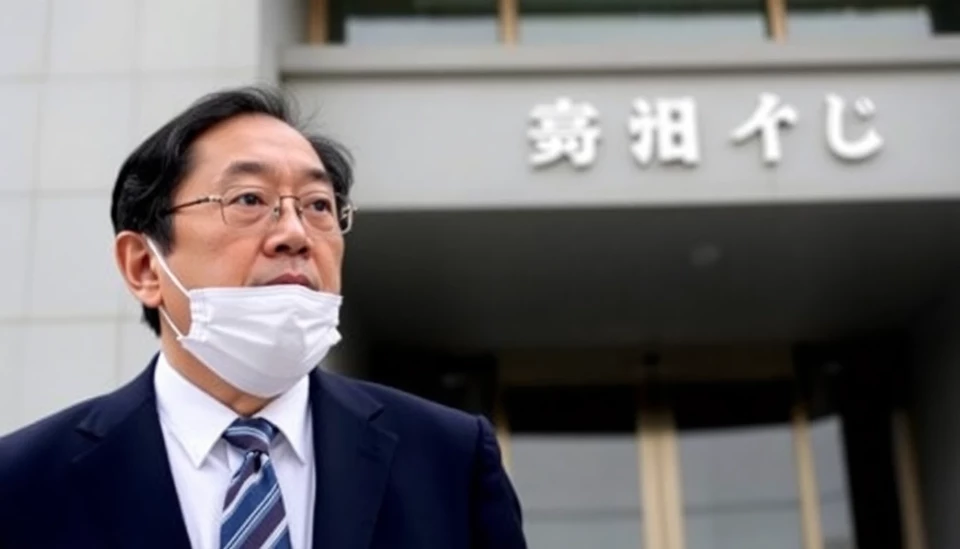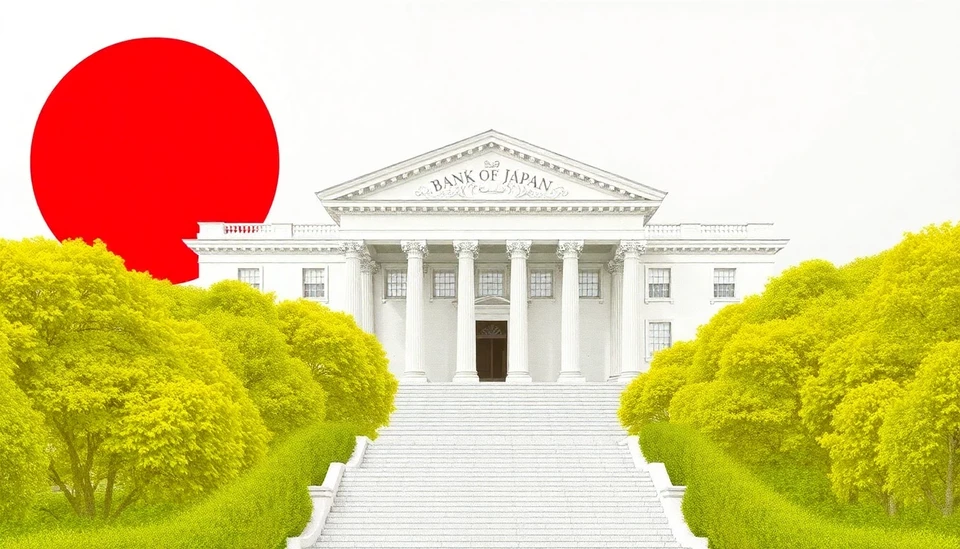
The Bank of Japan (BoJ) is currently navigating a complex scenario regarding its monetary policy, as discussions heat up about a potential interest rate hike. This deliberation comes at a time when the global economic landscape poses varying pressures, and the central bank appears to find itself in a situation where there is minimal urgency to implement changes.
At recent meetings, BoJ policymakers have signaled that while they are considering the stability of Japan’s economic growth, the consensus leans toward a cautious approach. With inflation remaining above the bank's target rate, the BoJ faces external pressures to tighten its monetary stance, particularly as other central banks globally are increasing their rates to combat inflationary pressures. However, BoJ officials expressed that Japan's unique economic situation—marked by relatively low growth and persistent deflationary tendencies—requires a tailored approach.
Moreover, insights from various economists suggest that the BoJ is closely observing economic indicators while weighing the implications of any monetary tightening. The bank intends to avoid premature moves that could stifle economic recovery. As BoJ Governor Kazuo Ueda put it, the central bank is wary of rushing into a policy change without fully understanding the potential fallout on the domestic market.
Despite recent discussions and an uptick in opinions favoring a rate hike, particularly from external advisors, a significant portion of the bank’s leadership continues to exhibit caution. They argue that it's critical to ensure a strong recovery momentum is established before considering any shift in rates. Some analysts predict that rates may remain stable until the middle of 2024 as the bank seeks to balance economic growth while keeping inflation in check.
Adding another layer of complexity to this situation is Japan’s demographic challenge, where an aging population and labor shortages may pose long-term implications for growth and inflation. These socio-economic factors make the BoJ’s task of striking the right balance even more formidable.
The sentiment as 2023 draws to a close indicates that the BoJ is likely to maintain its current stance for the foreseeable future, keeping a close eye on economic developments both domestically and internationally. Market participants are watching with bated breath, anticipating potential shifts in strategy as the new year approaches.
In summary, while the conversation around rate hikes is becoming more prominent within the Bank of Japan, a sense of caution prevails as policymakers seek to carefully evaluate all ramifications before committing to any changes.
As Japan’s economic landscape evolves, the BoJ’s decisions will continue to play a crucial role in shaping the nation’s financial future.
#BankOfJapan #InterestRates #MonetaryPolicy #EconomicGrowth #Inflation #KazuoUeda #CentralBank #JapanEconomy #FinanceNews
Author: Rachel Greene
